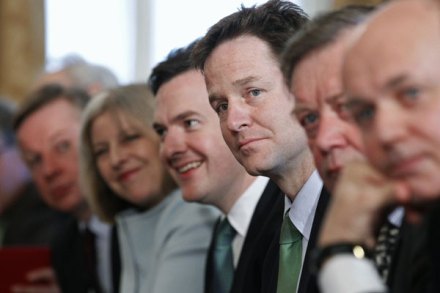Childcare costs could be election battleground
Parents of children under two now pay on average over £5000 a year on childcare, with costs increasing much faster than either earnings or inflation. In response, both the government and Labour have launched Childcare Commissions as vehicles for developing new ideas. Ministers have today asked for the views of ‘everyday experts’ –- parents, childminders and nursery owners –- in a consultation period lasting until the end of August. So far, so unspectacular. But there are a couple of reasons to think that childcare -– traditionally a second or third tier issue -– could become a key political battleground between now and 2015. First, electoral maths. Those struggling with high



















